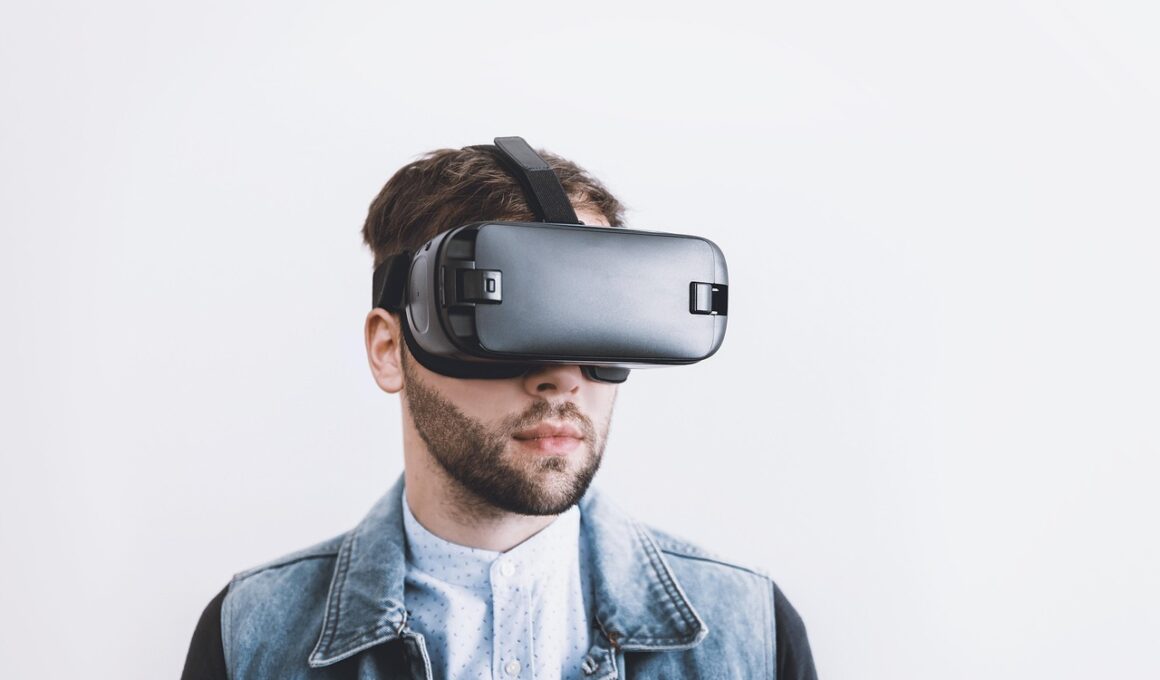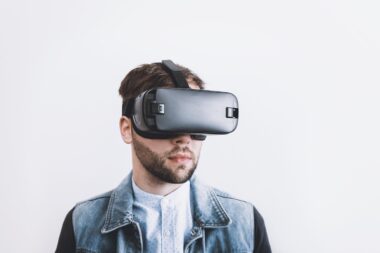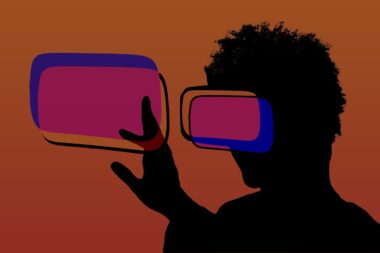The Psychology Behind VR Marketing and Immersive Experiences
Virtual reality (VR) marketing is transforming how brands connect with consumers. By immersing users in a fully interactive environment, VR taps into psychology to create memorable experiences. Key strategies in this approach include emotional engagement, sensory stimulation, and cognitive connection. Consumers are more likely to retain information from immersive experiences than traditional ads. Elements like vivid visuals, realistic sounds, and haptic feedback can evoke emotions in users, triggering favorable responses. This heightened emotional connection leads to stronger brand loyalty and recall.
Moreover, VR marketing enables personalized experiences tailored to individual preferences. This is crucial as consumers respond positively to personalized content. Brands can analyze user interactions during VR sessions, gaining insights into preferences and interests. With this data, marketers can craft tailored narratives that resonate with target audiences. Additionally, VR enables consumers to experience products before purchase, reducing uncertainty and enhancing decision-making. Imagine trying on clothes virtually or testing a car’s features from your living room; this interactivity makes the shopping experience more enticing.
Social interaction is enhanced in VR environments, making it a powerful marketing tool. Virtual spaces allow consumers to connect with brands and other customers. This builds community and trust, essential elements in modern marketing. Users can share their experiences with friends in real-time, spreading brand awareness organically. The social aspect of VR can also lead to user-generated content (UGC), where consumers become advocates for a brand. This type of engagement not only strengthens customer relationships but also generates valuable content for marketing campaigns.
The Science of Immersion
The psychology of immersion in VR involves several cognitive processes. Users tend to suspend disbelief when entirely engaged in VR environments, as they become engrossed in the experience. This mental absorption can lead to altered perceptions of reality, making marketing messages more persuasive. Additionally, the ability to control the narrative keeps users captivated, leading to better message retention. Combining compelling storytelling with immersive technology allows brands to create powerful narratives that resonate with consumers on a deeper level, fostering connection and engagement.
Another aspect of VR marketing’s psychological impact is its ability to evoke nostalgia or familiarity. By recreating familiar settings or using beloved characters, brands can tap into feelings of comfort. This nostalgia can eliminate barriers of resistance and increase the likelihood that consumers will absorb marketing messages. The connection established through familiar experiences can forge lasting bonds with brands, enhancing brand loyalty. Brands that prioritize this connection can differentiate themselves in a crowded marketplace, reaching consumers on an emotional level that traditional marketing often fails to achieve.
Furthermore, VR’s potential in storytelling elevates its effectiveness. Through narrative-driven experiences, brands can transport consumers into unique worlds, igniting their imagination. Consumers often relate to stories more than facts, making narrative engagement a powerful marketing tool. By crafting experiences that combine brand stories with user participation, marketers can create a sense of ownership among consumers. This ownership turns customers into storytellers themselves, sharing their unique experiences with their social circles and amplifying brand reach through word-of-mouth marketing.
Future Trends in VR Marketing
As technology evolves, the future of VR marketing looks promising. Innovations in VR are making headsets lighter and more affordable, ensuring widespread adoption. This accessibility opens doors for smaller brands to leverage VR marketing strategies, democratizing the technology. Additionally, advancements in augmented reality (AR) and mixed reality (MR) could enhance VR marketing further; integrating various realities could lead to hyper-personalized marketing experiences. The convergence of these technologies offers a vast opportunity for brands to engage consumers innovatively, fostering deeper connections.
In conclusion, the effectiveness of VR marketing hinges on its psychological appeal. By engaging emotions, creating immersive experiences, and facilitating social interactions, brands can strengthen their ties with consumers. Understanding and leveraging these psychological principles can help marketers deliver compelling narratives and personalized content. As VR continues to develop, the potential for revolutionary marketing strategies is boundless. Brands that embrace these changes will undoubtedly thrive in an increasingly immersive advertising landscape, ultimately shaping a new era of consumer engagement.





